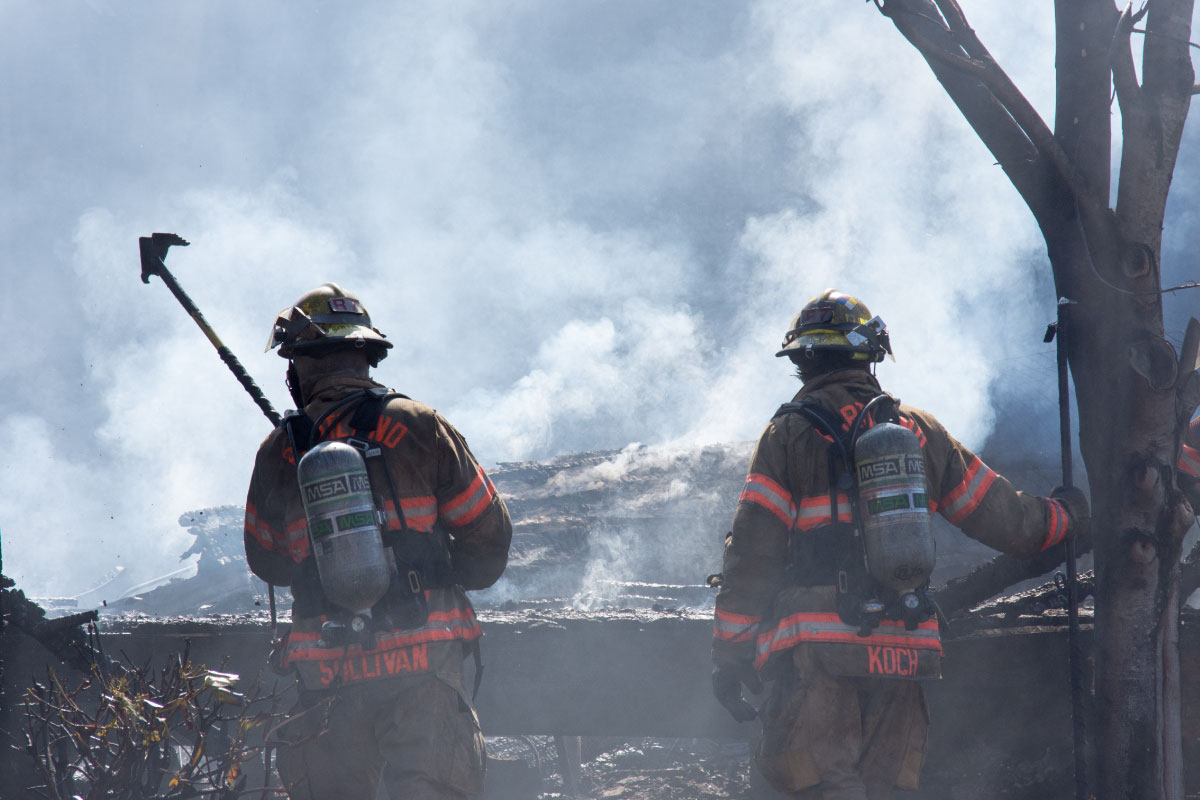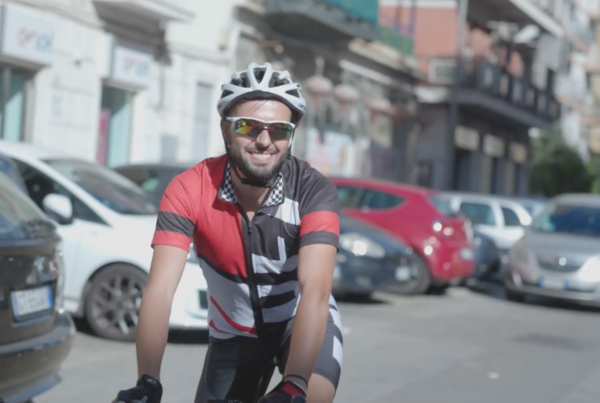The apostle Paul had a church planting ministry to an unreached people group, and for the sake of this unreached people group he took risk after risk! He was whipped, beaten and stoned. He faced constant danger on his travels, was despised by his own people and hated by those he was trying to reach. He gave up security, a promising career, and material comfort; in exchange he embraced poverty, insecurity and suffering. And to top it all off, just as he was seeing churches planted all over the world, he found himself in prison. And yet, during all this discouragement, he didn’t quit, he didn’t lose his major supporters and the gospel thrived.
For this reason I, Paul, the prisoner of Christ Jesus for the sake of you Gentiles. Ephesians 3:1
Paul, for the sake of taking the gospel to the Gentiles, was required to take risks. He was required to make sacrifices, and when the stuff hit the fan, he was required to trust. Paul didn’t trust in strategies, his preferences or traditions. He had the type of trust that only comes from knowing that Jesus is on the throne. He voluntarily submitted to the will of Christ for the sake of the unreached, the Gentiles.
Paul voluntarily submitted to the will of Christ for the sake of the unreached, the gentiles.
The UK Church isn’t known for taking risks
Unlike Paul, the majority of UK churches and Christian organisations are risk-averse. In fact, they minimise as many risks as possible, especially when recruiting elders/ministers and when church planting. Church plants will often be in a city centre location, and target professionals and students. When it comes to recruiting, church plants will start with a safe pair of hands. A planter who is a great speaker, picked from a great church, after studying in a great seminary with a great mentor.
He is then sent out with a slick team, advertising via a slick website, promoting slick services, serving slick coffee, in a slick venue, that is only a two-minute walk from the trendy micro pubs and niche coffee shops.
Even though this method of church planting fails at reaching the working class, the benefit class and the poor (which is nearly half the population of the UK), it remains the most attractive option for church planters, planting teams, and funders alike.
We should praise God for these churches because unbelieving professionals and students who sup real ale and monkey pooh coffee, need Jesus as much as the heroin addict on benefits. The problem isn’t that churches shouldn’t be planted in this way, the problem is that people, churches and funders choose to join and support this method at the expense of the method displayed by Paul. And that is the exact method which is needed if we are to reach the UK poor.
We need to take risks for the sake of the poor
If we are serious about reaching the poor with the gospel, we need to follow the example of Paul: we need to take risks for the sake of the poor.
If we are serious about reaching the poor we need to follow the example of Paul, we need to take risks for the sake of the poor.
Follow my example, as I follow the example of Christ. 1 Corinthians 11:1
And we need to do this on 1) a personal level, 2) a local church level and 3) a national strategic level. Here are just a few areas of change which we could see:
1. Personal risk
Whether you are in full-time ministry, retired or working in a secular job, if you are willing to take some personal risks, Jesus can use you for the sake of the poor.
What are you willing to submit to Christ for the sake of the poor?
- Are you willing to give up the dream of pastoring a growing church of a hundred people and swap it for the reality of a fragile church of 15 members on a housing estate?
- Are you willing to give up the dream of that perfect retirement home in the countryside to buy a house on a housing scheme so that you can serve the local church?
- Would you be willing to train in a local church, in a deprived area rather than go to seminary and study for a degree?
- Would you be willing to live, work and socialise in an area of gospel need so that you can support the local church that’s reaching the poor?
2. Local Church Risk
Local churches need to be willing to take risks with people, to have a diverse team of gospel workers from the local community. The local church needs to:
- Appoint indigenous elders based on biblical standards rather than academic and social status.
- Invest in someone’s future potential rather than look for a ready-made worker.
- Spend time, money and effort on training indigenous workers even though there is a risk they might fail.
- Be willing to plant new churches on housing estates and schemes.
- Be willing to develop planting teams led by indigenous workers.
3. National Strategic Level
Networks, denominations, seminaries and funders need to use their national influence to help generate change. They need to take risks by inviting pastors and gospel workers who are indigenous to deprived areas to take the lead on:
- Strategy and mission to the poor,
- To manage and distribute resources and funding to churches working in deprived areas,
- To develop training and assessment for indigenous workers,
- To develop training and assessment for those wanting to do gospel work in deprived areas,
- To be willing to fund churches in deprived areas long term, based on gospel need not numerical growth.
Let’s pray that we will all submit to the will of Jesus for the sake of the lost, trusting that whatever we risk or sacrifice is nothing compared to his sacrifice for us and the prize that we have in him.
Ian Williamson is one of the speakers at The Gospel & Class conference, September 29, London UK. This conference will focus on the challenges and solutions of doing ministry to the poor. Our prayer is that churches and church leaders will respond to the challenge to go and make disciples in our poor communities.
Find out more and register here:











